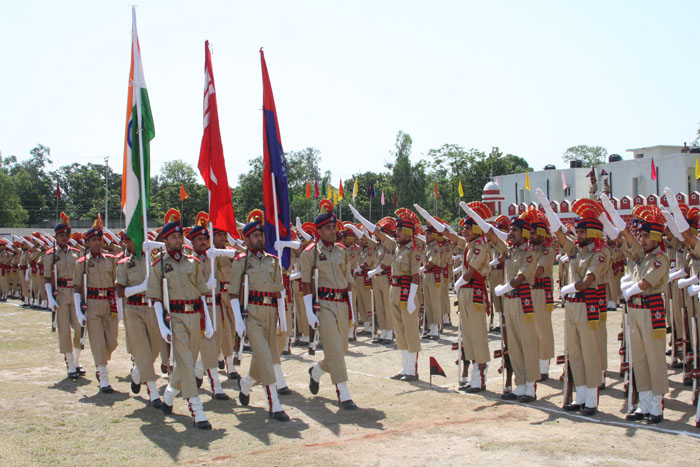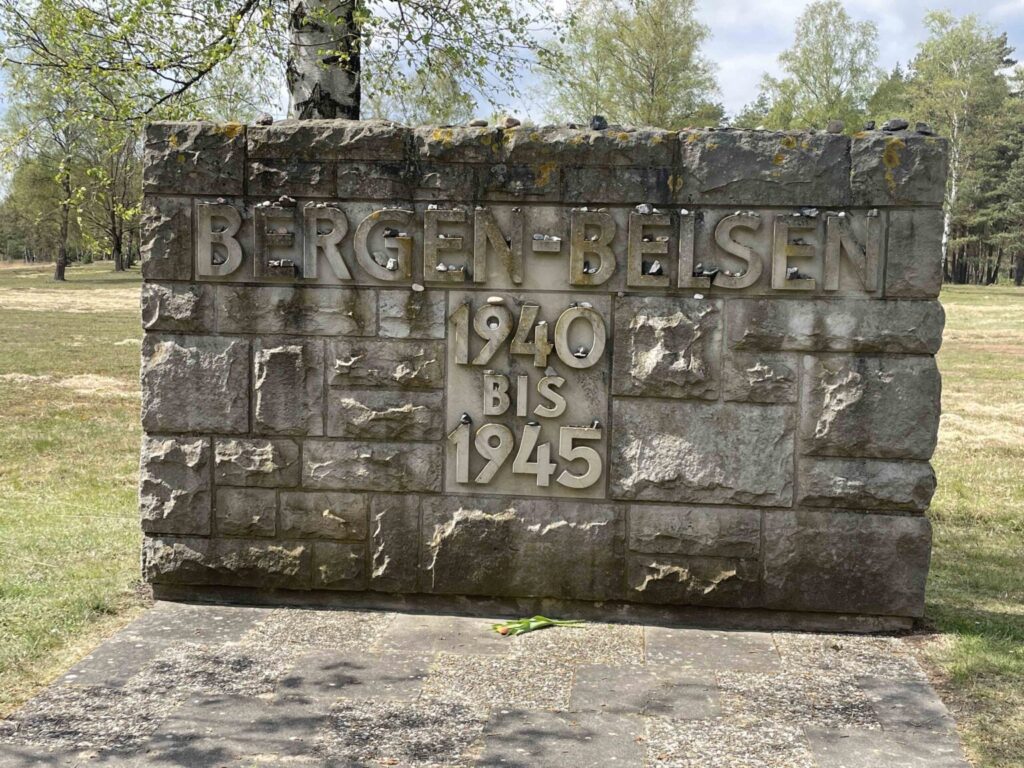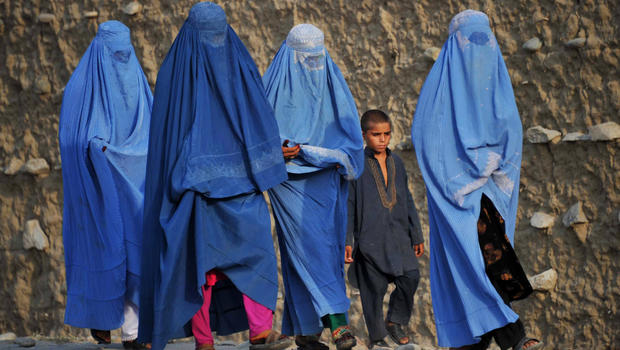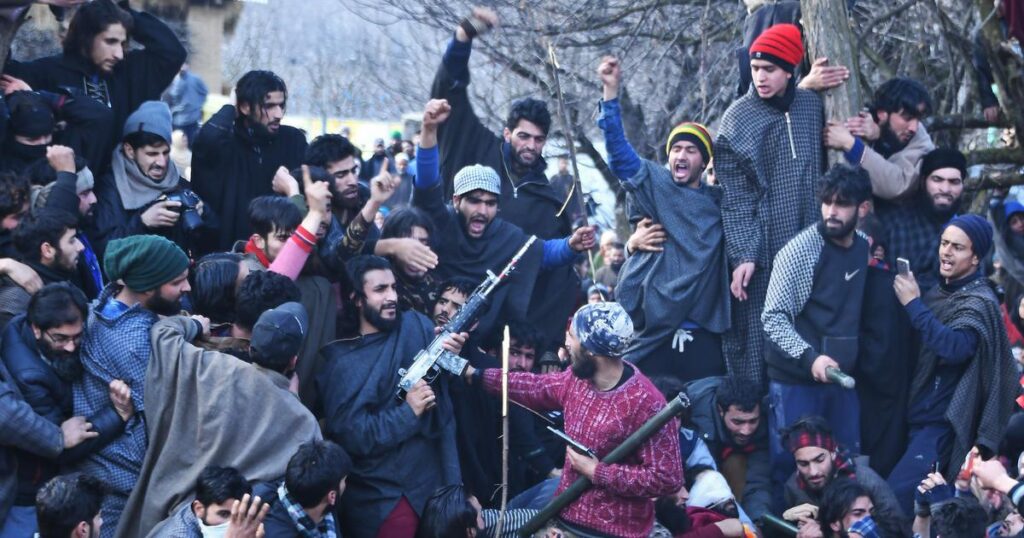VOICES FROM THE REGION#03: 11 OCTOBER 2016
RAJA MUZAFFAR BHAT
Amid the controversy over the banning of circulation of newspapers in July 2016, the Jammu & Kashmir (J&K) Government transferred Fayaz Ahmad Lone, Senior Superintendent of Police (SSP) of Budgam district and posted him as SSP Traffic, by all means a punishment posting. Lone’s fault was his alleged role in raiding printing presses of two prominent dailies of Kashmir- Greater Kashmir and Rising Kashmir. Fact, however, remained that the officer was merely implementing the orders that had come from his seniors. The orders were to seize all the newspapers being published from Srinagar during the intervening night of 15 and 16 July, a move that would help control the anger among people who were agitating against the civilian killings aftermath of the death of Hizb-ul Mujahideen Commander Burhan Wani on 7 July.

Source: Jammu & Kashmir Police
As per media reports Chief Minister Mehbooba Mufti, who is also in-charge of the Home Ministry Department, was unaware of the “Media Gag”. Following criticisms about the controversial order, she was told that it was SSP Lone who had ordered for the said raids. The Chief Minister immediately ordered for Lone’s transfer. The fact that Budgam police under the leadership of SSP Lone had exhibited enormous restraint during the anti Government protests did not come to the rescue of the officer. Not a single civilian death or controversial pellet gun injury had taken place in Budgam district until SSP Lone’s premature transfer. Such an impressive record was not enough. Lone’s case is not an isolated one in the growing trend in which the state police is being made a scapegoat for implementing unpopular decisions.
Apart from the Education department, the Police department is the largest Government organisation in J&K, providing jobs to the local youth. Policemen belong to the same community, members of which are now agitating on the streets.
Controlling the agitation, therefore, means that the police officers are being tasked with confronting their fellow Kashmiris much against their wishes. As a result, within their own community they have turned villains and untouchables. On 9 July, following the death of three civilians in police firing, a constable’s house was set on fire by a mob of 200 people in Gopalpora village of Anantnag district. A rumor had spread, claims the policeman’s brother Shahid, that the policeman posted at Achabal Police station had opened fire on the agitating crowd.
As a result of incidents of this nature, most police officers hailing from Srinagar’s old city have shifted to safer zones. Many of them have not been able to visit their families in the last three months, since the beginning of the agitation. They could not even celebrate Bakr Eid in their mohallas where they used to live from years. Police officials say they cannot roam freely these days and when they happen to visit their homes, they seldom carry their official identity cards, which they used to carry with pride three months back. They fear that they would be lynched if they happen to be caught by some protesting youths.
Predicament of a Policeman
A policeman’s professional duties are replete with thankless job. Maintenance of law & order for police could involve the police acting against the person they have been protecting, arresting some of the protected persons, saluting the rogue turned politician and even to kill their own people for the sake of maintaining ‘Peace’. That makes them one of the most hated entities. Public treat them as their worst enemies and at times their own officers and even political establishment disowns them. The recent premature transfer of many district SPs is one of the classic examples of such a trend. Police even have to prevent a peaceful protest from taking place and at times have to allow an ugly event reluctantly.
The media management of police remains poor. Reports on police’ wrong doings are circulated with fervor and the trend is so fashionable that every third item today in the media is about the police.
The good that police does is mostly recognized but not reported due to inefficient media management and no efforts are made in this regard as the police department has a tendency of pocketing criticism. The anti-Police attitude among Kashmiri society can be extracted from this fact that J&K Police (SOG, STF) in the past was involved in extrajudicial killings, torture and extortion as well. The police’ unpopularity is such that any news implicating the police is taken on its face value.
Tailpiece
The police subculture with its rigid regimental style of working allows little scope for innovative approaches. Officers willing to contribute towards alleviating the image of police either have no mandate or are discouraged. Due recognition need to be given to the officer with ideas and some mechanism for jumping the hierarchy has to be evolved. The officer at the grass root has no say or access to the final authority and anybody trying to jump the hurdles is reprimanded. The hierarchical system of top down administration need to adopt a bottom up approach. The Supreme Court’s 2006 judgment on Police Reforms needs to adopted. Police Establishment Boards and Complaints Authorities should be set up to minimise political interference. The policeman while remaining the strong face of the government, also need to focus on gauging the expectations of the public. This can only be achieved with a people friendly approach. Effective mob controlling will prevent casualties during protests.
Till then, the police official will continue to face the angry stone throwing mob. And on occasions, as SSP Lone found out, even his own department will not support him.
(Dr Raja Muzaffar Bhat is a Srinagar-based activist and columnist. He writes regularly for Greater Kashmir and Daily Excelsior. The opinion expressed in this publication is the author’s own and not the view of Mantraya. This has been published under Mantraya’s ongoing “Mapping Terror and Insurgent Networks” project.)



